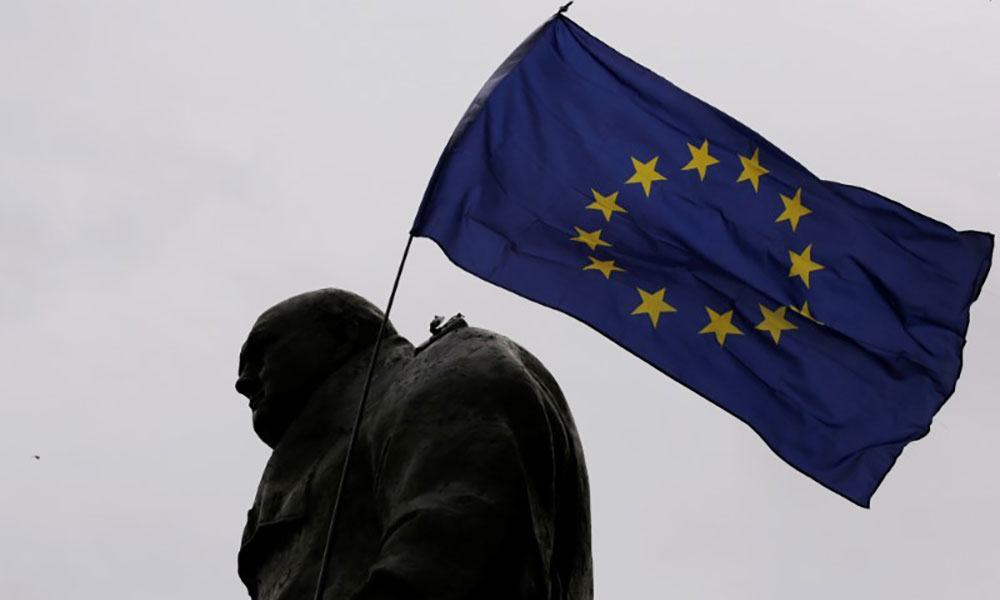
Brexit Ruling Adds Uncertainty to Tough Transition, Groups Say
A U.K. High Court ruling requiring that the United Kingdom's exit from the European Union be approved by Parliament could add to the country's economic discomfort, industry groups say.
The Brexit vote was perhaps one of the most stunning political decisions of the past year—and one that had business groups of many kinds worried about its implications.
But the decision to leave the European Union, the result of a referendum vote by the British public, doesn’t appear to be quite so simple. On Thursday, the U.K.’s High Court ruled that Prime Minister Theresa May doesn’t have the legal authority to invoke Article 50 of the Lisbon Treaty, which would start Britain’s process of separating from the EU, without the approval of Parliament.
“The most fundamental rule of the U.K. constitution is that Parliament is sovereign,” wrote Lord Thomas of Cwmgiedd, lord chief justice of the High Court, according to The Guardian.
The government plans to appeal to the British Supreme Court, which is expected to hear the case next month. But if the ruling stands, it’s likely to delay the Brexit process.
Associations React
Associations in the U.K. voiced concerns about the ruling.
The British Meat Processors Association noted that the ruling wasn’t entirely surprising but said it could add to economic uncertainty affecting the meat industry.
“As a meat sector, the future of trading arrangements and labor availability on which our future relies are extremely unclear, and this judgement, if anything, will mean it is even further into the future before clarity is brought to these vital issues,” a BMPA spokesman told the Meat Trades Journal.
The Scotch Whisky Association, which has been strongly skeptical of Brexit, noted a similar concern in comments to The Drinks Business. “Like other sectors, we want to be able to plan ahead with some level of certainty,” said the group’s spokeswoman, Rosemary Gallagher.
Brexit Impacts
Already, some industries are linking Brexit to negative economic fallout. The Association of Labour Providers reported this week that it was seeing sharp shortages in food-service workers in the country that could affect the holiday season, as EU-based workers make up 90 percent of temporary workers in the food sector.
“We are not going to meet all the supply needed for the Christmas peak. At this moment in time, labor providers are experiencing the worst labor shortage since before 2004,” ALP CEO David Camp said, according to the International Business Times.
One industry that’s particularly feeling this pain is the Irish mushroom industry, which has traditionally exported much of its crop to Britain. Politico reports that five of the country’s mushroom farms have gone out of business since the vote, due in part to the steep drop in the value of the British pound.
“The industry is in free fall,” said Donal McCarthy, head of Commercial Mushroom Producers, the industry’s trade group. “We need help and we need it now, because we’re bleeding.”
A European Union flag is waved over a statue of former Prime Minister Winston Churchill during a September protest in London. (Luke MacGregor/Reuters)






Comments